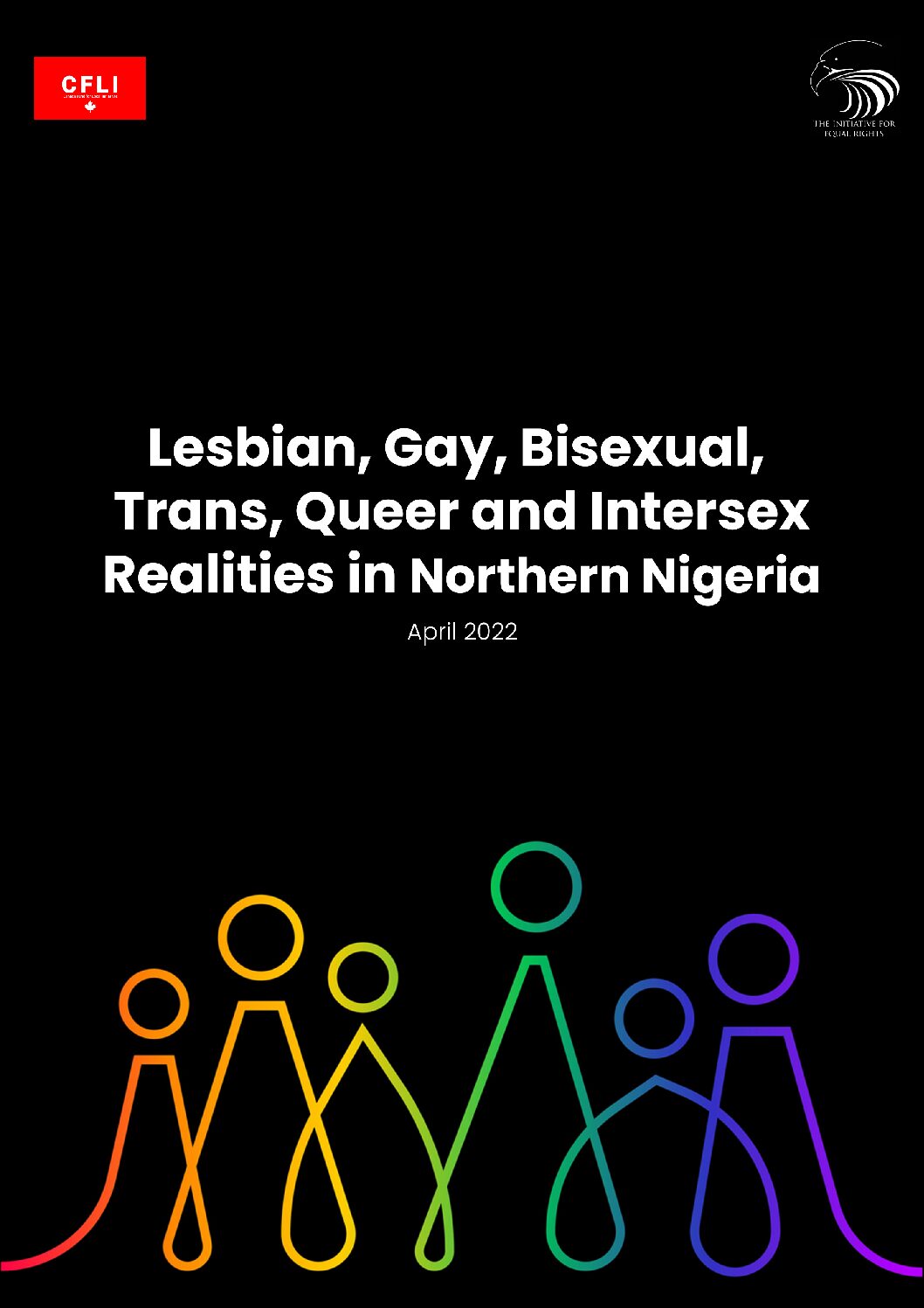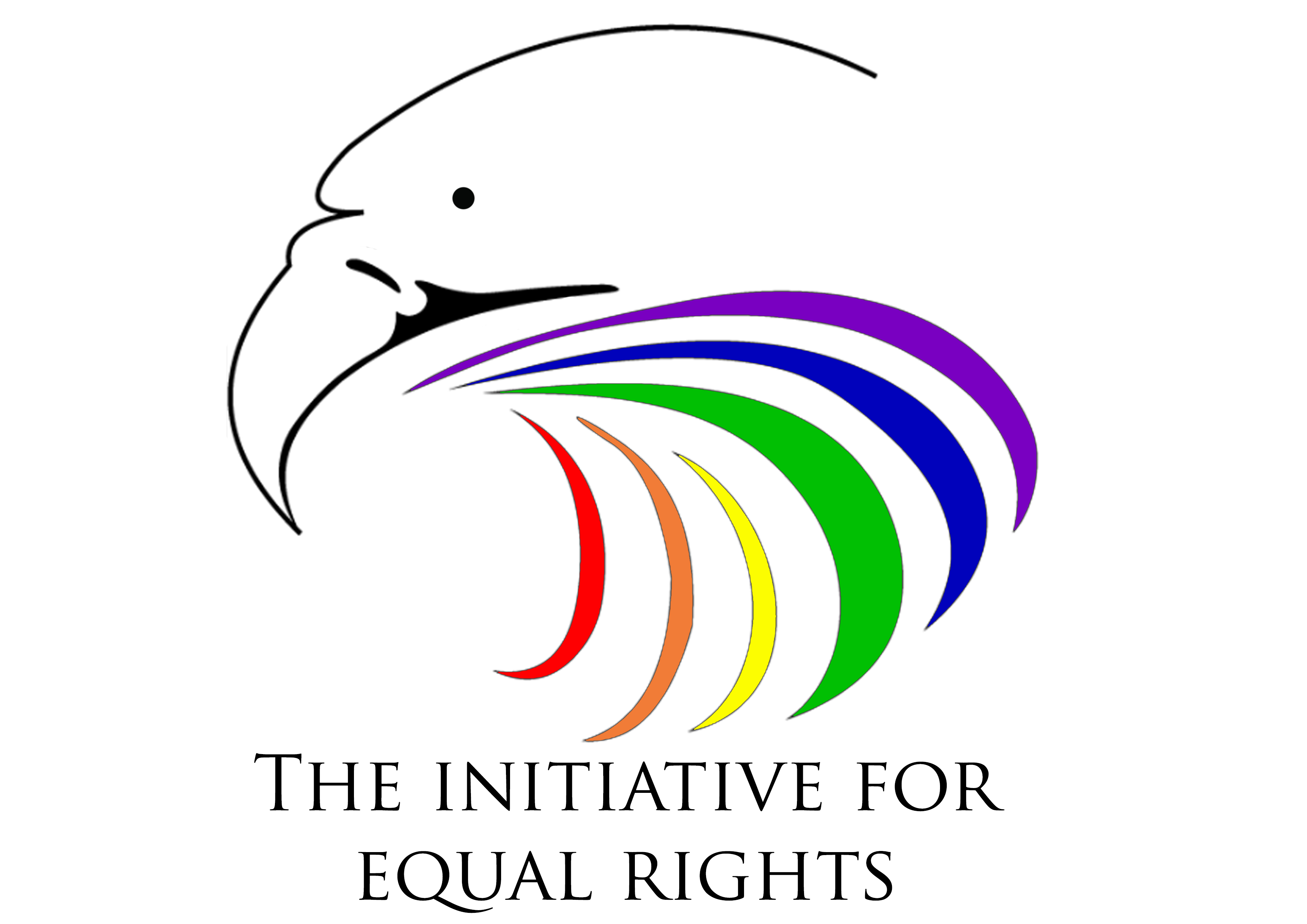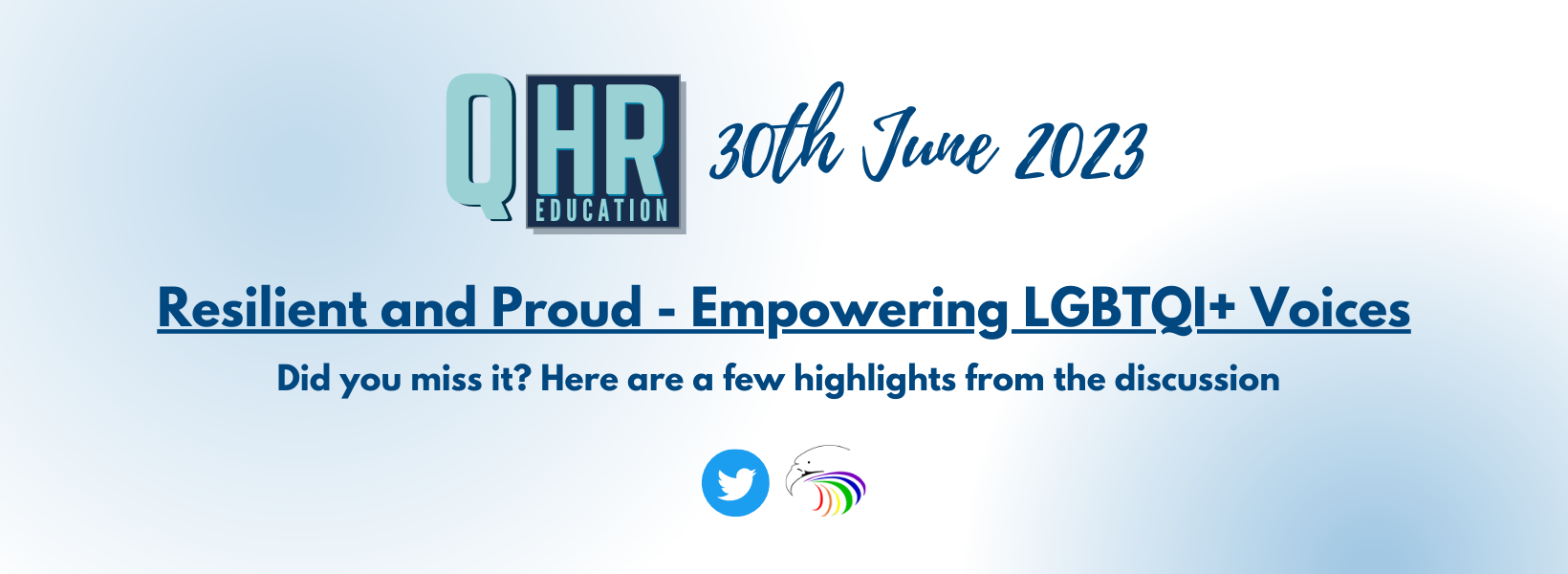
Lesbian, Gay, Bisexual, Trans, Queer and Intersex Realities in Northeast Nigeria
The conflict in Northeast Nigeria has devastated countless lives, displacing millions and creating a complex humanitarian crisis. But amidst the chaos, a hidden vulnerability persists: the struggle of LGBTQI+ individuals. A recent report by The Initiative for Equal Rights (TIERs) and The Canada Fund for Local Initiatives (CFLI) based on research conducted with Bala Mohammed of Hope Alive Health Awareness Initiative sheds light on their realities, revealing a community facing hardship on multiple fronts.
The study conducted interviews with 22 LGBTQI+ individuals and aid organizations’ representatives. The results revealed that LGBTQI+ people face constant threats of marginalization, violence, and brutality from their families, society, and even armed groups.
The study also found that the specific needs of LGBTQI+ people are often overlooked by development and humanitarian efforts. LGBTQI+ people in the Northern region are excluded from essential services and support systems, making their situation even more challenging. This invisibility of LGBTQI+ people leads to dire consequences such as increased discrimination, limited resource access, and exclusion from peacebuilding initiatives. To address these issues, it is crucial to recognize and respond to the specific needs of LGBTQI+ people.
LGBTQ+ people in Borno state try to build community despite facing danger and isolation. Fear of violence, suspicion, and arrest forces them to hide their identities. Religious figures sometimes exploit them. They help each other financially and with information; they connect online, and fight for a better life together. However, forming groups is difficult due to fear of exposure. Like everyone else, they want financial independence, human rights awareness, safety training, and healthcare access.
What Can We Do?
The findings urge the public, stakeholders and policy makers to take action and:
- Demand Change: Advocate for the inclusion of LGBTQI+ considerations in development and humanitarian programs.
- Educate and Train: Support initiatives that train aid workers and local authorities on LGBTQI+ issues.
- Create Safe Spaces: Advocate for the creation of safe spaces where LGBTQI+ individuals can access services and support without fear.
- Amplify Their Voices: Share their stories and raise awareness about the challenges they face.
By working together, we can create a more inclusive and supportive environment for LGBTQI+ individuals in conflict zones like Northeast Nigeria. Their resilience is an inspiration, and it’s everyone’s responsibility to ensure they have the resources and support they need to thrive.
To read the full report, click here







